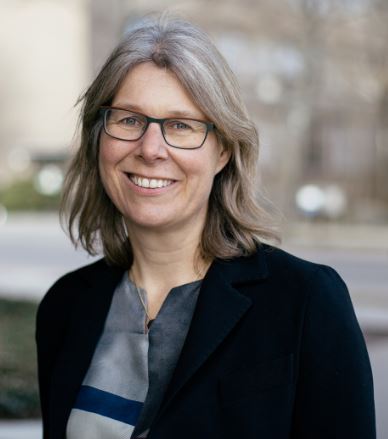Middle Eastern Studies (MA)
The MA Middle Eastern Studies at Leiden University is a one-year, full-time programme taught entirely in English. With over four centuries of expertise in Middle Eastern scholarship, this programme offers you cutting-edge insights into the region’s history, politics, religion, languages, and cultures.
Middle Eastern Studies at Leiden University
Due to the selected cookie settings, we cannot show this video here.
Watch the video on the original website orWhy Leiden University?
If you're looking for an interdisciplinary programme, Leiden University offers one of the most diverse options in the Netherlands. You’ll explore topics across the humanities and social sciences, including history, politics, religion, anthropology, literature, and philology. The programme spans regions from North Africa to Central Asia and is taught by internationally respected scholars. You’ll also benefit from access to the Humanities Hub labs and the renowned Middle Eastern collections at Leiden University Library.
Learn more about the study programme
Some of the many good reasons to choose this programme
- Leiden University has one of the largest Middle Eastern Studies research and teaching faculties in Europe.
- The MA Middle Eastern Studies is a highly diverse and flexible programme.
- Cutting edge research informs our teaching, and active connections are sought between research and teaching.
- The Leiden University Library hosts a superb collection of source materials from and about the Middle East.
- Leiden University’s Faculty of Humanities is consistently ranked among the top humanities faculties worldwide in the Times Higher Education (THE) World University Ranking.
Study abroad & Internships
You’ll have the opportunity to study abroad at one of our partner institutes in Cairo, Rabat, or Istanbul, where you can immerse yourself in the language and culture of the region. The programme also supports internships at organisations such as Dutch embassies and consulates, UN ESCWA in Beirut, Greenpeace, and various museums and cultural institutions. These experiences allow you to apply your academic knowledge in real-world settings.

MOOC: The Cosmopolitan Medieval Arabic World
In this MOOC by Professor Petra Sijpesteijn, you will learn everything about the fascinating history of the medieval Arabic world. Learn more about this course and enroll for free.
Career prospects
This programme is definitely for you if want to take a deep dive into the diversity, nuance, beauty and challenges of studying this large, intercultural regional space and its rich history. Not only will you have the opportunity to learn from renowned, internationally-respected academics, you will also follow in the footsteps of alumni who have built careers that require specialist linguistic, cultural, social, and political knowledge of the Middle East. You can pursue careers in:
- Diplomacy, NGOs, and cultural institutions
- Academia and research
- International organisations and development
- Journalism, consultancy, and education
Find out more about your career prospects
Is Middle Eastern Studies the programme for you?
- Leiden University has one of the largest Middle Eastern Studies research and teaching faculties in Europe.
- The MA Middle Eastern Studies is a highly diverse and flexible programme.
- Cutting edge research informs our teaching, and active connections are sought between research and teaching.
- The Leiden University Library hosts a superb collection of source materials from and about the Middle East.
- Leiden University's Faculty of Humanities is consistently ranked among the top humanities faculties worldwide in the Times Higher Education (THE) World University Ranking.
Check the admission requirements
A centre of expertise on languages and cultures of the world
If you’re interested in languages and cultures, Leiden University is the best place to study. The university’s global expertise places our programmes at the top. In Leiden and The Hague, we study languages and cultures from all regions of the world and from prehistory to the present day. In this way, we create a broad view of the world; the key to mutual understanding.
Video: Our experts on Languages and Cultures explain
Due to the selected cookie settings, we cannot show this video here.
Watch the video on the original website orLearn more about the study programme

